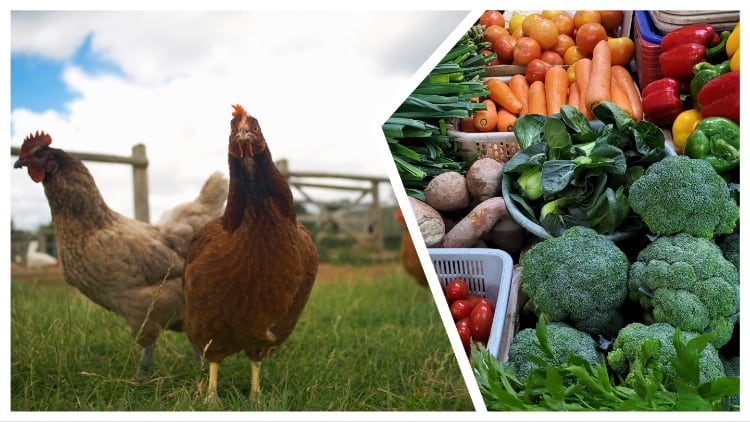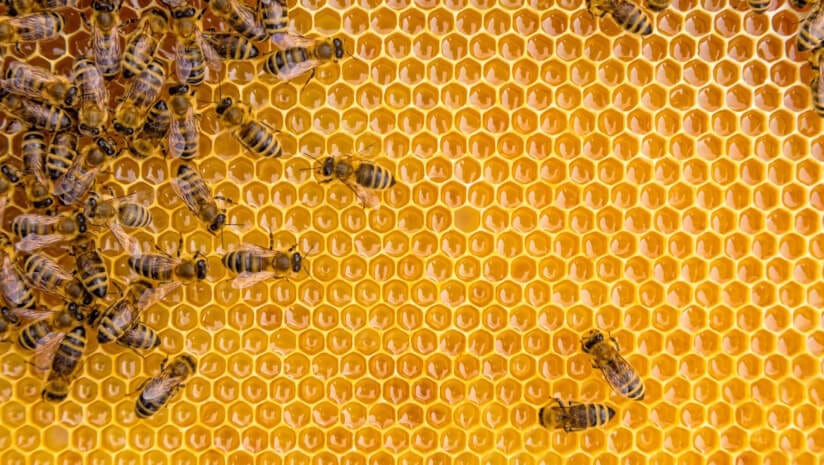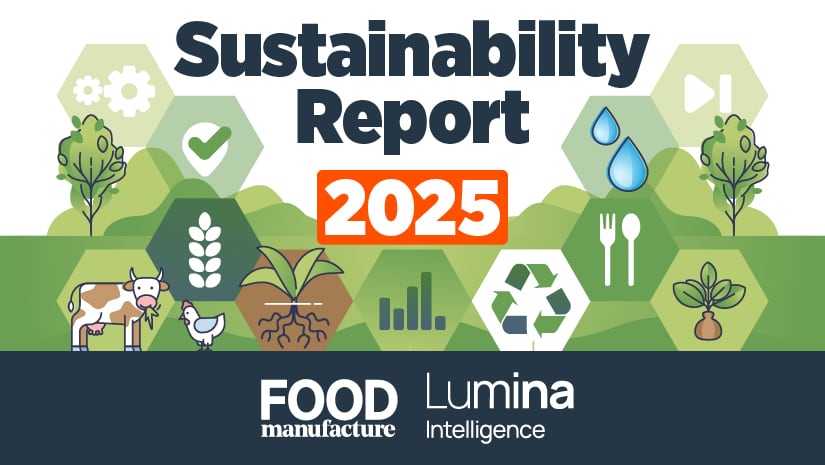In a recently published report, the Institute of Grocery Distribution (IGD) and Bramble Intelligence underscored the urgent need for the UK to drive economic growth to ensure a reliable, sustainable food supply for its expanding population.
The report shows that by investing into the expansion of horticulture and poultry production, the UK could stand to gain an additional £1.3 billion in annual production value and inject up to £5 billion in investment into the economy by 2030.
While experts at PwC have recently adjusted their projections for economic growth in 2025 to a more optimistic 1.3% (vs its original forecast of 1.1%), the financial firm has recently cautioned that “the UK economy continues to tread water” and “lasting recovery will require household spending and private sector activity”.
The food system has a vital role to play in driving economic growth, contributing 7% of national Gross Value Added (GVA) and employing more than four million people – making it the largest private sector employer.
Why horticulture and poultry?
The IGD’s Viewpoint Report sets out eight criteria that will help drive scalable, effective and sustainable expansion; identifying horticulture and poultry as top priorities because they best meet them. These criteria are:
- Commercial value
- Availability of private capital
- Scope for policy intervention (growth is more likely where clear policy solutions exist)
- Alignment with dietary and sustainability goals
- High import dependency
- Inflation control (categories that make up a large share of household food and drink budgets, if expanded at competitive prices can shield consumers from global price volatility)
- Quality employment potential
- A focus on the future (alignment with long-term megatrends)
The poultry industry contributes £7.5 billion to the UK economy and supports around 110,000 jobs. From 2015 to 2024, UK chicken meat production increased by 2.7% annually, rising from 1.4 million tonnes to 1.8 million tonnes.
As consumer demand for poultry continues to climb, there is potential for a further 5.8% in growth between 2024 and 2030.
Despite a 5.1% rise in value between 2015 and 2024, mainly due to higher input costs and increased consumer prices, British horticulture has seen volume decline of 1.9% over the same period. Domestic fruit and vegetable output has dropped by 600,000 tonnes since 2015, pressured by water scarcity, energy volatility, labour shortages, and inconsistent planning approvals.
However, the research shows that with the right support and reforms, horticulture could be revitalised with a strong potential for growth.
What’s the benefit?
The report highlights that a boost in domestic poultry and horticulture will help control food inflation and protect consumers from unpredictable swings in global food prices. It will also shorten supply chains, reduce reliance on unstable import markets, and lower the UK’s food-related emissions.
This will translate into more locally grown fruit and vegetables and poultry meeting assured British quality standards, with the potential to unlock 60,000 new job opportunities and revitalise local economies and communities.
What is needed?
The IGD is now urging for the Government to:
- Embed a national spatial plan in the National Planning Policy Framework to pre-identify optimal locations for poultry shed expansion based on infrastructure, environmental impact and market access. Allow for permitted development for pre-identified sites.
- Introduce fast-track planning for Controlled Environment Agriculture (CEA) under the Land Use Framework and ensure Grade I and II agricultural land is prioritised for high-value horticulture.
- Publish a Defra-led national water infrastructure strategy prioritising horticulture, with streamlined planning to cut reservoir approval times to under 12 months.
- Extend Seasonal Worker Scheme visas from 6 to 9 months for tomatoes, peppers and cucumber growers.
“The UK food system is more than a contributor to growth - it’s a catalyst for resilience and renewal. Its reach into every community, its role in employment, and its potential to address national challenges make it uniquely positioned to support purposeful economic recovery. But growth must be targeted. Unlocking opportunities in sectors that align with health, sustainability, and productivity goals will help the food system grow not only bigger, but better,” said Matthew Stoughton-Harris, head of resilience at IGD.
“We urge the government to act now on enabling the full potential of poultry and horticulture as national growth drivers. Draw on cross-sector expertise to create a joint, actionable strategy with clear responsibilities and timelines. Only with a unified national strategy can we unlock the full potential of these critical sectors.”
Without decisive action, IGD warns that the poultry and horticulture industries not only risk decline, but it will cost the economy a significant number of jobs and money.





